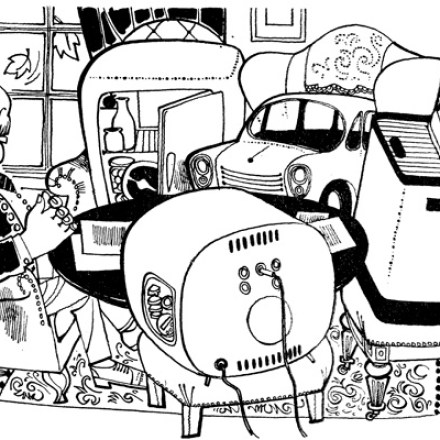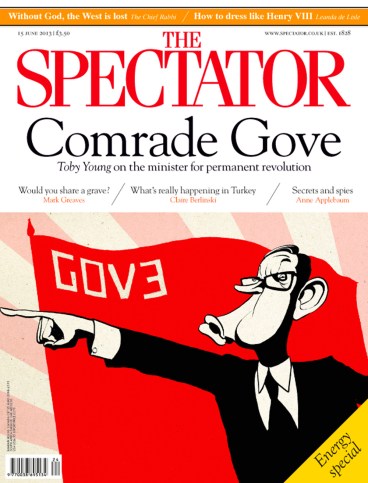The birth of modern Britain
‘Does history repeat itself, the first time as tragedy, the second time as farce?’ asked Julian Barnes in A History of the World in 10½ Chapters. ‘No, that’s too grand, too considered a process. History just burps, and we taste again that raw-onion sandwich it swallowed centuries ago.’ Reading David Kynaston’s densely detailed new book









